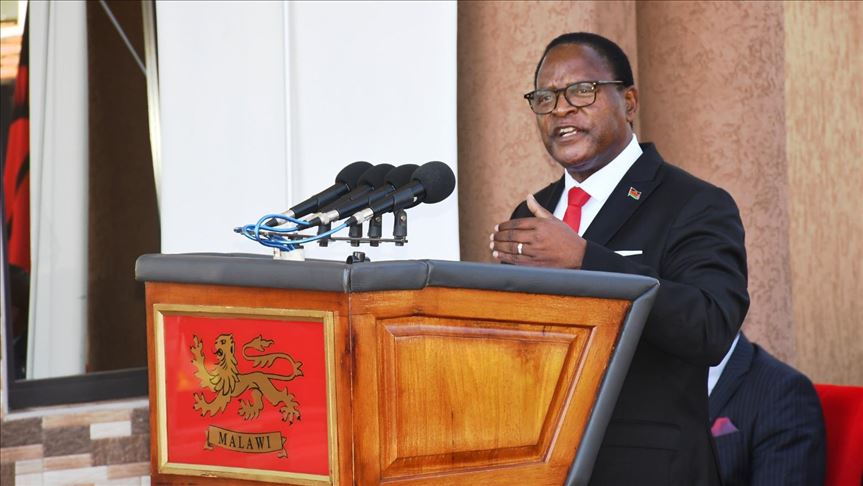Malawi Government to Roll out Internet Access to 7900 Public Schools

Information and Digitalization Minister Moses Kunkuyu declared in Parliament that the government had modified the Connect a Constituency Project to the Connect a School Project with a goal of connecting the internet to 7962 public schools.
According to Kunkuyu, the targeted schools and the communities around them demonstrate the need for internet and digital services, which might be a useful tool for bridging populations who have been left out of the digital economy.
According to Kunkuyu, the project change resulted from the difficulties that Connect a Constituency, a project that was put in place eight years ago to close the digital gap, encountered. These difficulties hampered the initiative’s value for long-term economic and social growth.
The difficulties included, among other things, the suitability of the sites for the services that the telecentres were planned to provide, outrageously high construction costs of up to K80 million per center, ongoing procurement bottlenecks, and escalating expenses of materials and equipment.
The Connect a School Project, according to Kunkuyu, is a turnaround approach that will use existing infrastructure (schools) to connect community members and students who are currently enrolled in school to the internet.
The project’s overarching objective is to increase ICT usage and access among students and local populations, including young people, elderly people, individuals with disabilities, and underprivileged and vulnerable groups like women and girls.
The major goal is to encourage community broadband internet connectivity, access, and usage of digital services. According to him, this project will promote schools as ICT hubs for the local community.
Kunkuyu added that the project is predicated on the notion of a digital economy, which is promoted, among other places, in regional, national, and international policy frameworks.
The minister mentioned the Malawi 2063 vision, which, according to him, openly asserts that if ICT is used as a development engine, Malawi will position itself as a worldwide competitive actor.
The implementation of a top-notch, internationally competitive digital economy with reliable e-commerce, e-learning, e-health, and e-governance technologies will achieve this.
In order to expand digital access and the adoption of strong telecommunications systems that are quick, dependable, and inexpensive, investment in STI infrastructure will also be encouraged.
“Connecting schools provides many benefits, including access to an ever-growing volume of educational content, online learning, use of online applications to participate in the evolving knowledge society, and achieves cost efficiencies by automating manual tasks and reducing expenses associated with textbook printing and distribution,” he said.
Among the important parties, according to Kunkuyu, are the Ministries of Education and Information, the Malawi Communications Regulatory Authority, the Ministries of Local Government, and the Malawi Institute of Education.
He stated that over the course of five years, the Ministry of Education hopes to connect 790 primary and secondary schools annually.
“On the other hand, MACRA, which aims to connect at least 50 schools year, will connect 250 secondary schools by 2026. 160 educational institutions are expected to be connected by 2025 as part of the World Bank’s Digital Malawi Project, according to the Ministry of Information.
“Only the schools that will be connected by MACRA will receive internet payments for a 5-year term through MACRA’s Universal Service Fund (USF).
“In the interim, before the expiry of the 5-year internet support, the schools and communities will undergo digital skills and capacity building in order to enhance self-sustainability. In addition, Ministry of Education has also started budgeting for internet packages for some schools”.







